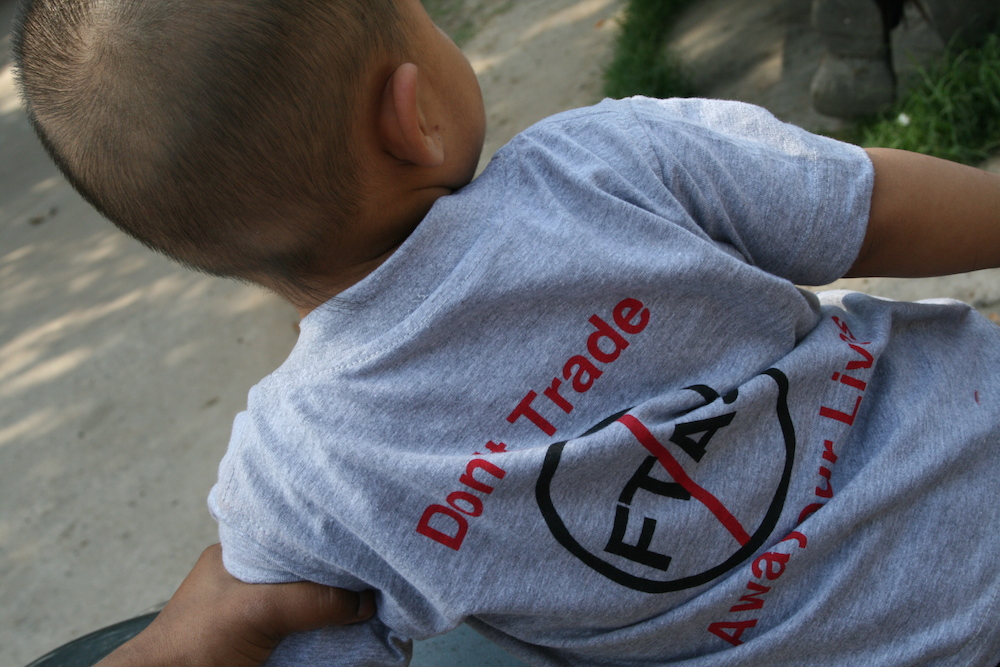Asean to press RCEP to cut tariffs on 92% of goods
The Nation | 27 June 2016
Asean to press RCEP to cut tariffs on 92% of goods
by PETCHANET PRATRUANGKRAI
ASEAN countries will propose to the 16 member states of the Regional Comprehensive Economic Partnership (RCEP) to eliminate tariffs on 92 per cent of trade in goods to promote economic integration of the grouping soon.
Sirinart Chaimun, director-general to the Trade Negotiations Department, said although Asean countries wanted the agreement to be finalised by the end of this year, there was still some disagreement over this proposal.
RCEP countries will need to vote and negotiate on the issue at the upcoming ministerial level meeting set for August 5 in Laos.
The agreement will be proposed to the Leaders Summit in September this year.
RCEP countries will also discuss service sector liberalisation, which are now negotiating about service businesses and binding for liberalisation in service and investment sectors.
Ronnarong Phoolpipat, deputy director-general to the department and chief Thai negotiator for RCEP, said officials are trying to wrap up all discussions before September.
The next RCEP meeting of officials is scheduled for August 15-19 in Ho Chi Minh City, Vietnam.
Issues for discussion included the liberalisation of trade in goods, services, and investment, intellectual property right, laws, rules of origin, customs procedure, trade facilitation, sanitary and psyto-sanitary standards, technical barriers, electronic commerce, finance, telecommunication, and economic cooperation.
To hear the voices of all concerned parties, RCEP countries will also be open for public hearing from involved sectors, mainly private enterprises, via social media network such as Twitter and email.
Previously, RCEP countries had agreed that they would reduce tariffs on 65 per cent of trade in goods - about 8,000-9,000 goods items - to zero immediately, while tariff on 20 per cent of trade in goods will be reduced to zero within 10 years after implementation of RCEP. Tariffs on the remaining 15 per cent of goods will be negotiated in the future, as they are considered sensitive products by each country.
RCEP will also discuss whether they could cut tariffs on 100 per cent of trade in goods or reduce the sensitive lists as much as possible, he said.






